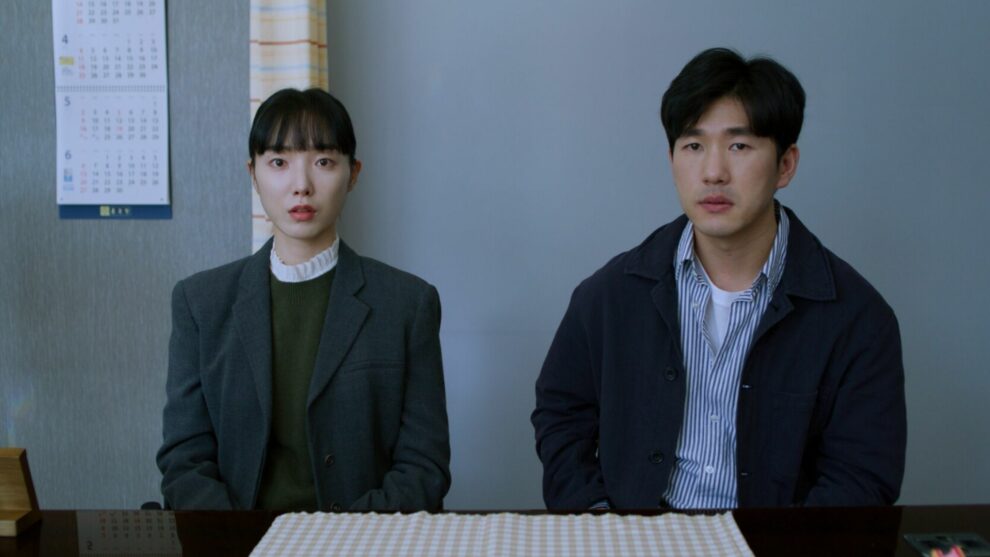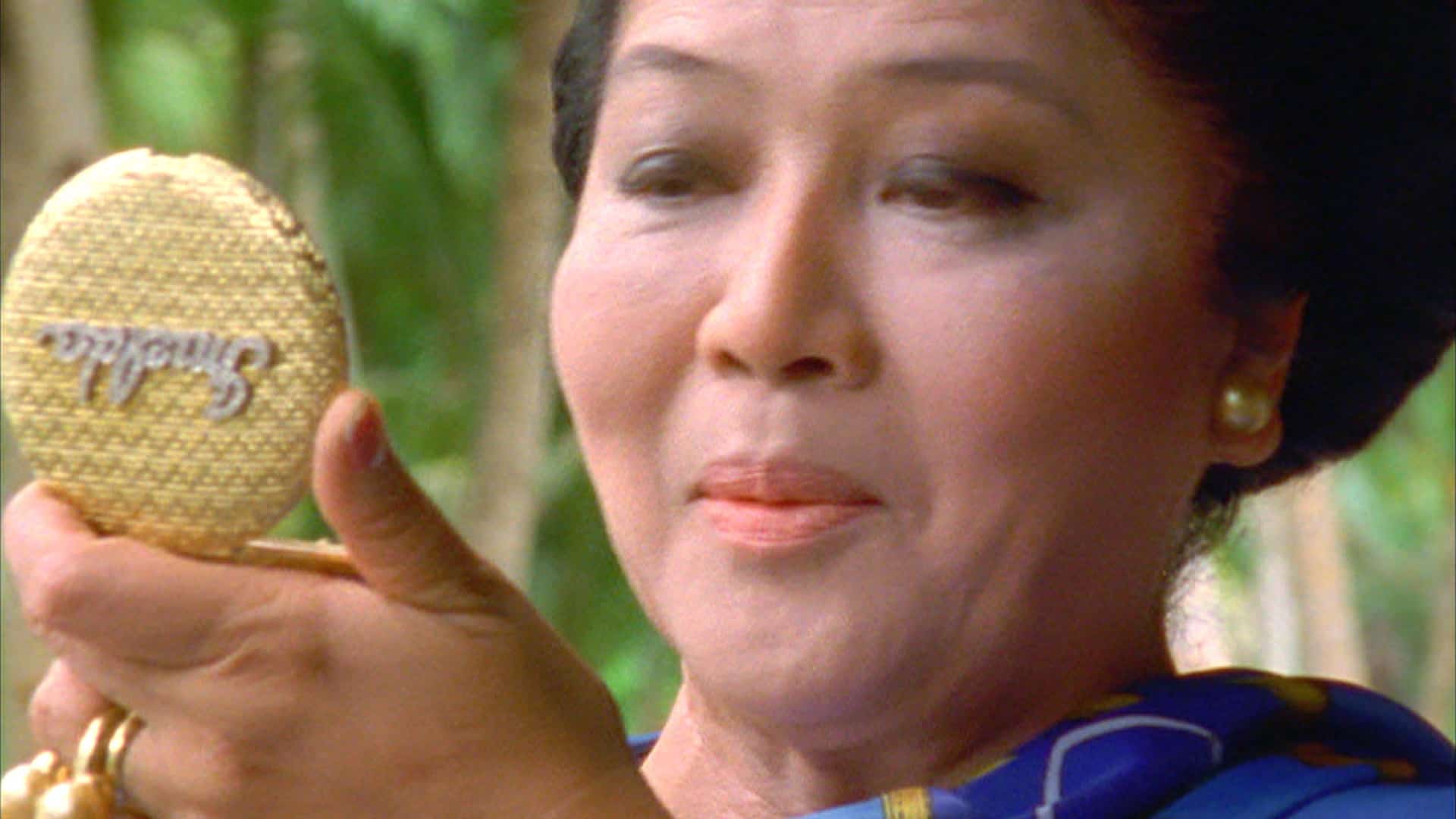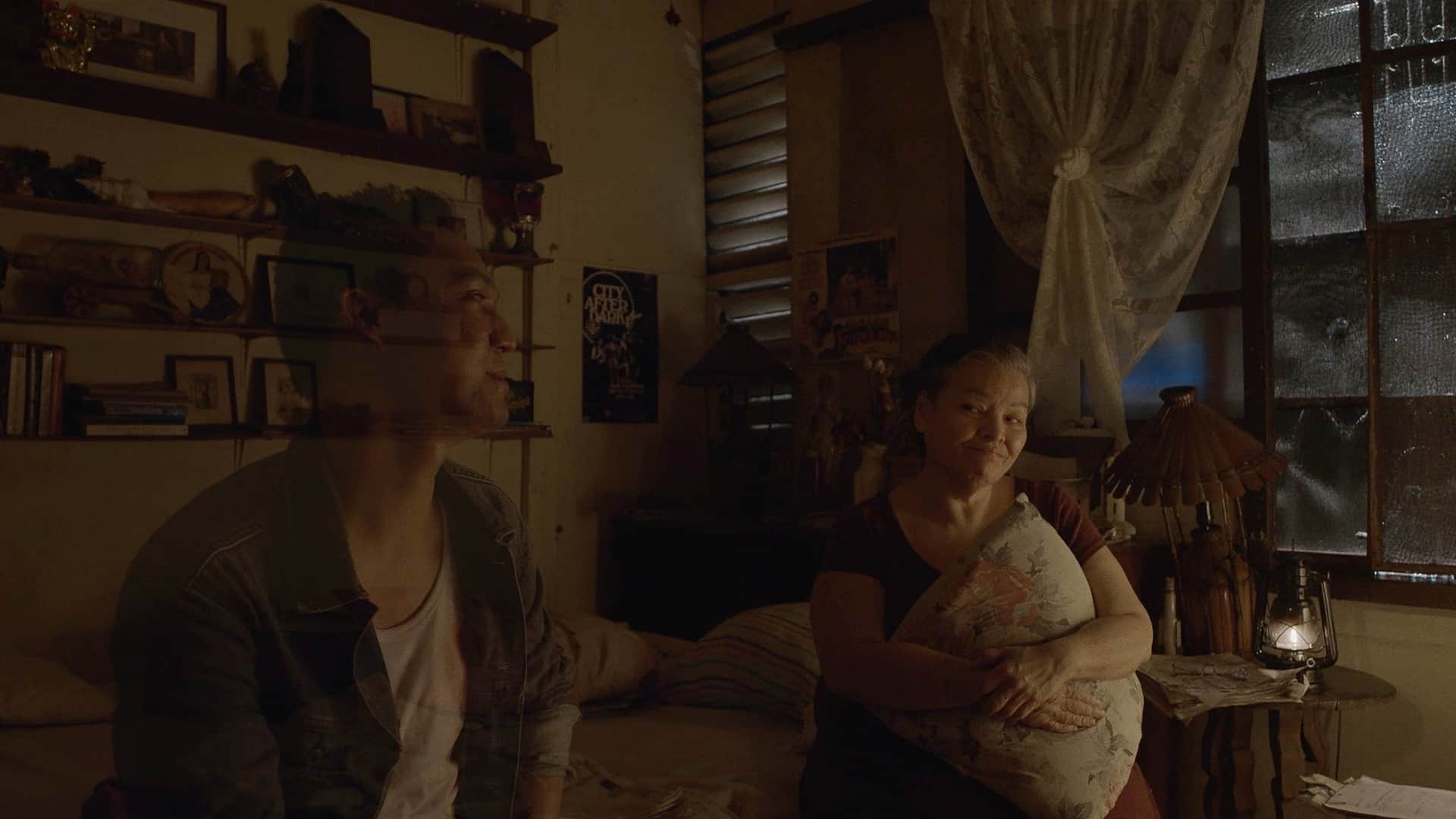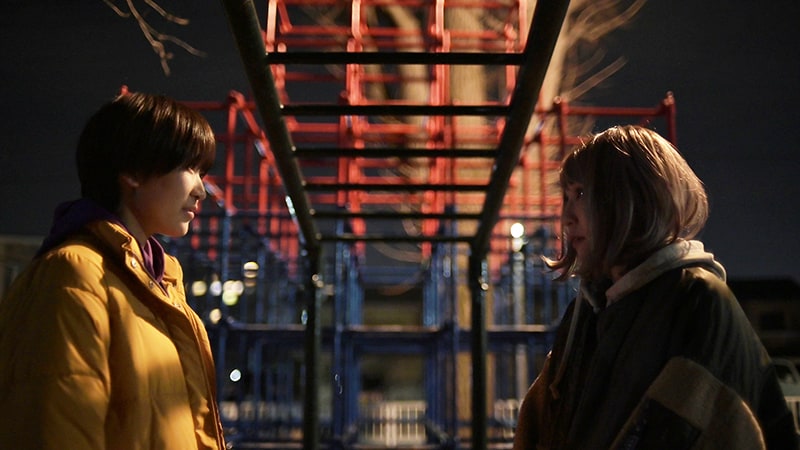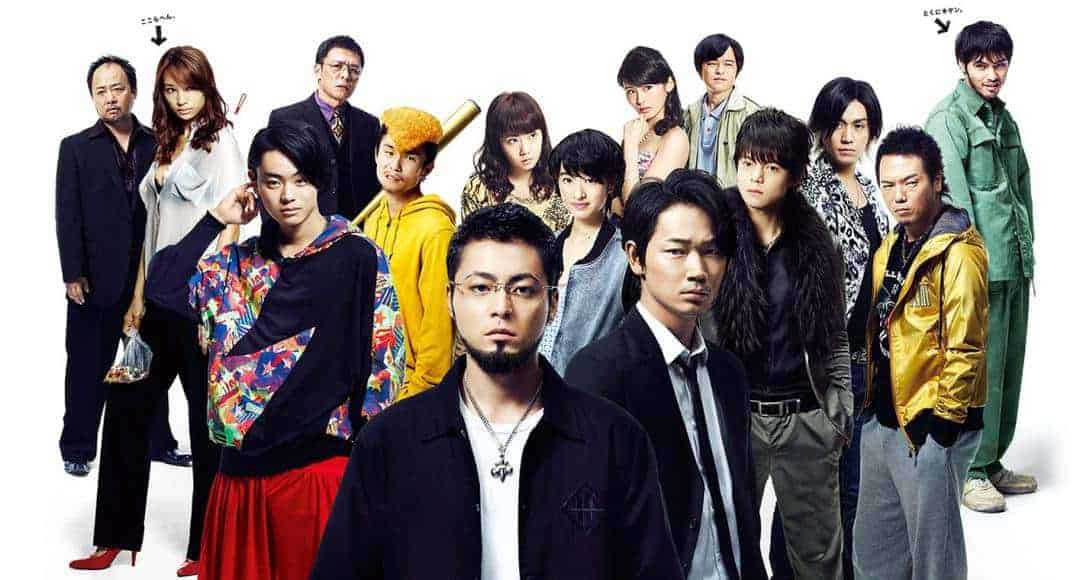Receiving accolades such as the Citizen Critics' Award at the 27th Busan International Film Festival and the Festival Choice at the 48th Seoul Independent Film Festival, “Birth” goes somewhat unnoticed, but proves to be truly impactful. Delving into themes of personal choice, societal expectations, and the inherent struggle for autonomy, it emerges as a poignant reflection on the complexities of contemporary womanhood.
Birth is screening at Helsinki Cine Aasia
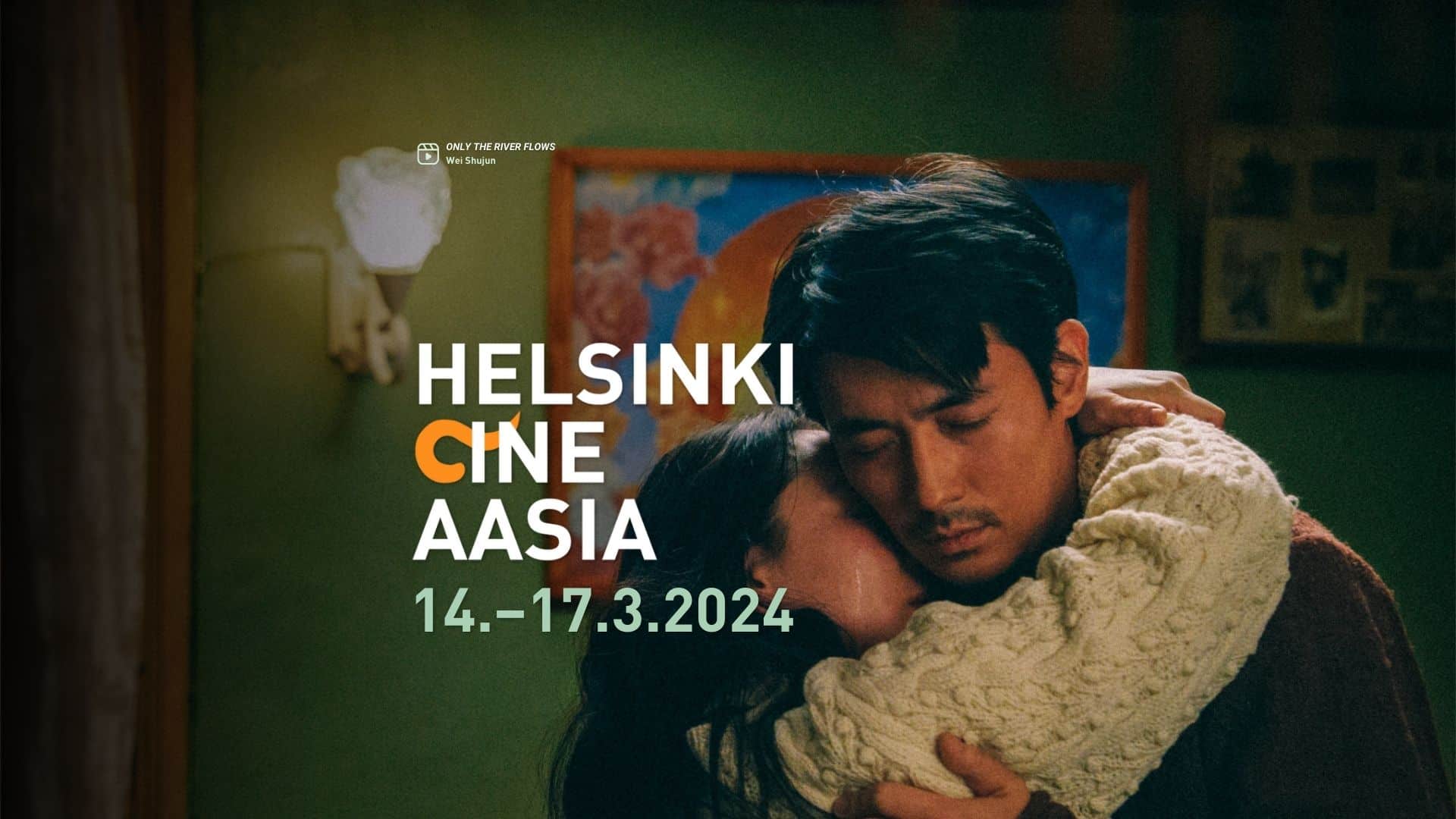
Jae (Han Hae-in), a promising young writer, is about to publish her new book. Geon-woo (Lee Ju-han), her roommate and lover, works as an English teacher at a private institute. Content with their lives and determined to avoid traditional commitments, their world is shattered by the unexpected news of Jae's unplanned pregnancy. While Geon-woo, on the verge of a promotion, sees this as an opportunity to fulfill his desire for a family, Jae struggles with the fear of how motherhood might affect her career aspirations. Tensions rise, leading to a deterioration in their relationship.
Ironically, Jae finds inspiration for her next book, about a woman who does not want to have children. The book shares the title of the movie, “Birth”. The denouement takes an unexpected turn, signaling the culmination of the simmering tensions between the characters, a metaphorical unleashing of the restrained violence depicted throughout the film. Set against a backdrop of societal norms and personal aspirations, the movie delicately navigates the intricacies of choice and consequence, offering a raw and unfiltered glimpse into the challenges faced by modern women.
Check also this interview
Similar to her debut, Yoo Ji-young's second feature film deals with deep personal dilemmas through a feminist lens. The director herself describes her cinematic approach as an exploration, a vehicle to explore the question: “How is a woman's desire treated and accepted in our society?” Primarily, the film explores Jae's anxieties about her ability to juggle motherhood with her career as a writer. Themes of vitality and mortality intersect, particularly when Jae laments the disappearance of older female writers who vanished after marriage and pregnancy, using funereal language to describe them. Jae confronts not only her own fears, but also the dwindling window of opportunity for an abortion, her fragile health that makes it difficult to access clinics willing to perform the procedure, her partner's objections, and her loneliness as no one seems close enough to truly help and care for her.
The crux of Jae's struggle is the myriad gaslighting techniques employed by her personal and professional circles, implying that her selfishness manifests in her work. They urge her to prioritize her pregnancy and express gratitude for her partner's “sacrifice” in assisting with household tasks. While none of the characters display overt malice, their adherence to societal norms and expectations exacerbates Jae's indignation and fuels her anger. At one point, she even sheds tears when someone seems to prioritize her well-being over that of the unborn child.
Exceptionally faithful to reality in depicting characters and situations, it offers a storyline that feels entirely plausible. The direction, screenplay, and cinematography eschew fanciful embellishments and maintain a documentary-like realism throughout. The direction adheres to a classical style, evoking elements of art-house cinema with its extensive use of long, static shots from a distance. However, it also incorporates common editing techniques such as shot-reverse-shot and inserts. Simple, realistic cinematography and no score enhance the moments of awkward silence and ever-brewing tension. Cinematography and editing, both by Kim Bo-ra, are executed with precision, ensuring clarity and coherence in the narrative progression. The entire film operates on the logic of action readability, allowing insight into Jae's inner emotions beyond what she expresses verbally, and steadily building tension toward the explosive climax.
The movie's pacing, subtle at first, gradually builds momentum, mirroring the emotional turmoil of its protagonists. It takes its time to establish the stakes, with the intricacies of the characters' relationships, financial struggles, and complex career choices unfolding over the course of 35 minutes before Jae's pregnancy is revealed. This deliberate pacing serves to underscore the significance of this event in the narrative, and elicits a palpable reaction from the audience following the title reveal.
Han Hae-in delivers a commanding performance as Jae, bringing depth and vulnerability to her character. Lee Ju-han complements her portrayal with a nuanced portrayal of Geon-woo, deftly conveying the inner conflict stemming from societal expectations and personal convictions. Little is said by words, but much by their eyes and the confidence with which they move.
In sum, through its depiction of a couple's deteriorating relationship and Jae's hatred of her own body, “this honest drama”Birth” not only deromanticizes the experience of pregnancy and motherhood, but also emerges as a poignant and precise exploration of desire and autonomy, offering a timely critique of the societal pressures women face.


